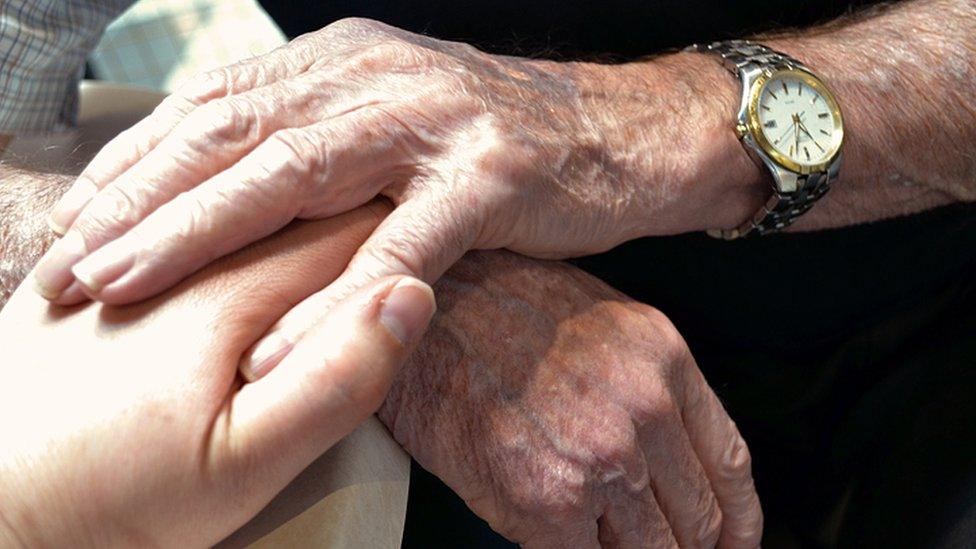Majority of States supports assisted dying
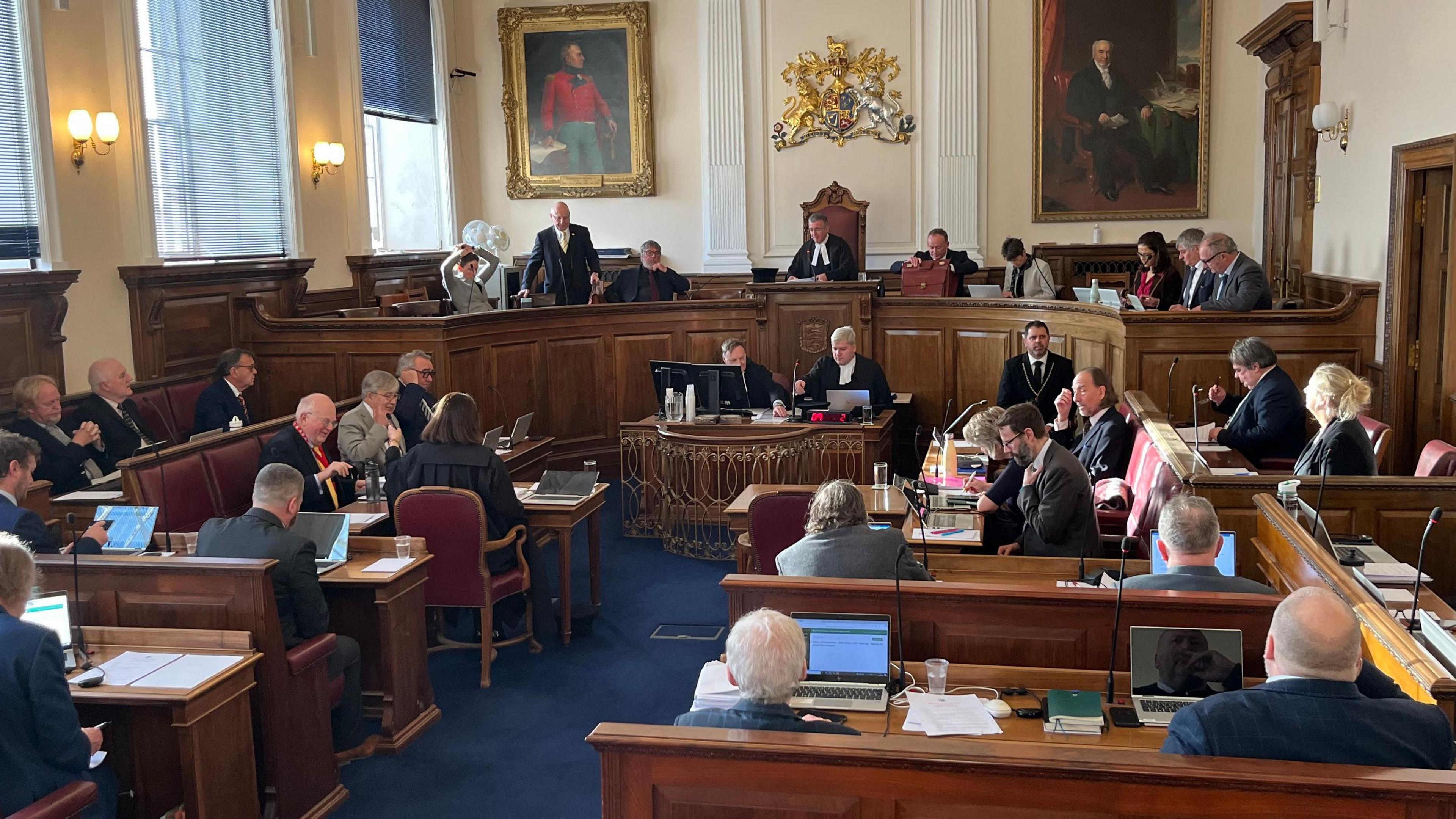
Twenty-one States members said they supported the concept of assisted dying when asked
- Published
More than half of Guernsey States members would support assisted dying being allowed in the islands.
When asked by the BBC, 21 of the 40 politicians said they supported the concept, while 12 said it could be legalised this term - which ends in June 2025.
Former Chief Minister Gavin St Pier is set to lodge a proposal to debate the issue this political term.
Sally Le Maitre said her experience watching her father Percy Tippett's die, convinced her of the need for some kind of assisted dying regime in the island.
Mr Tippett was diagnosed with prostate cancer in 2008 but after a stroke in 2022 he died a few weeks later.
"He was effectively in a vegetative state, he was drugged up, it wasn't nice to watch, said his daughter.
"The nurses had to come and change him, wash him and turn him over and he was very restless. It was just awful."
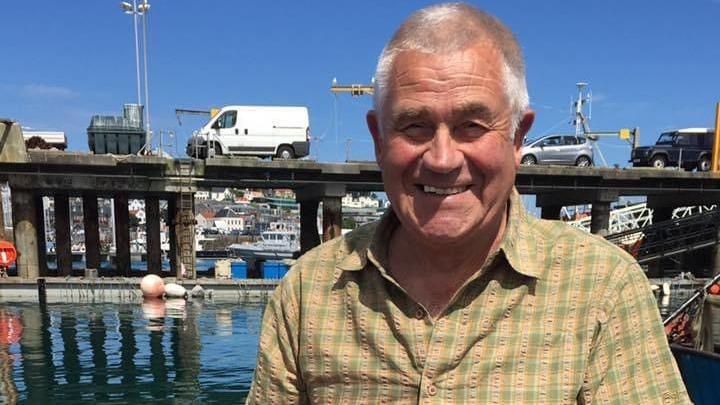
Percy Tippett died in 2022
She has urged States members to legalise assisted dying when the opportunity arises locally.
"I've always thought it was the person's choice.
"If they have no quality of life and a terminal illness which will make them suffer, if they say they've had enough, can you help me on my way they should be allowed to die with dignity."
"After dad had his stroke, he wouldn't have been able to say end my life. But if they could have had that conversation before, he would 100% have said yes."
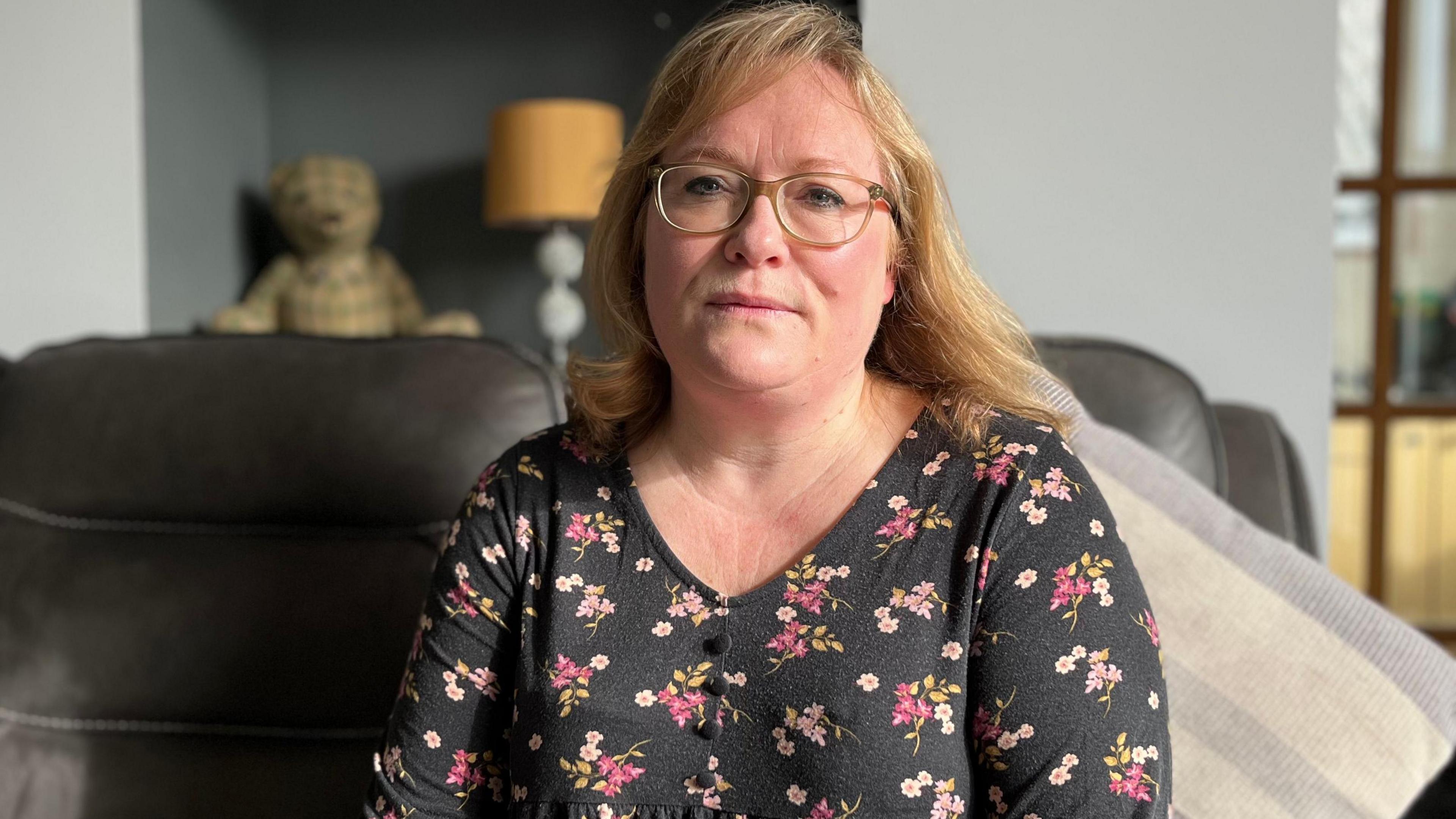
Sally Le Maitre said watching her father die convinced her of the need to introduce assisted dying
What do States members think?
The BBC asked all 40 States members whether they supported the concept of assisted dying and 21 said they did.
Eleven members said they would not answer the question and one did not respond.
On whether they thought it could and should be legalised this term, only 12 said yes, with many deputies citing the large amount of work the States has already committed to complete this term.
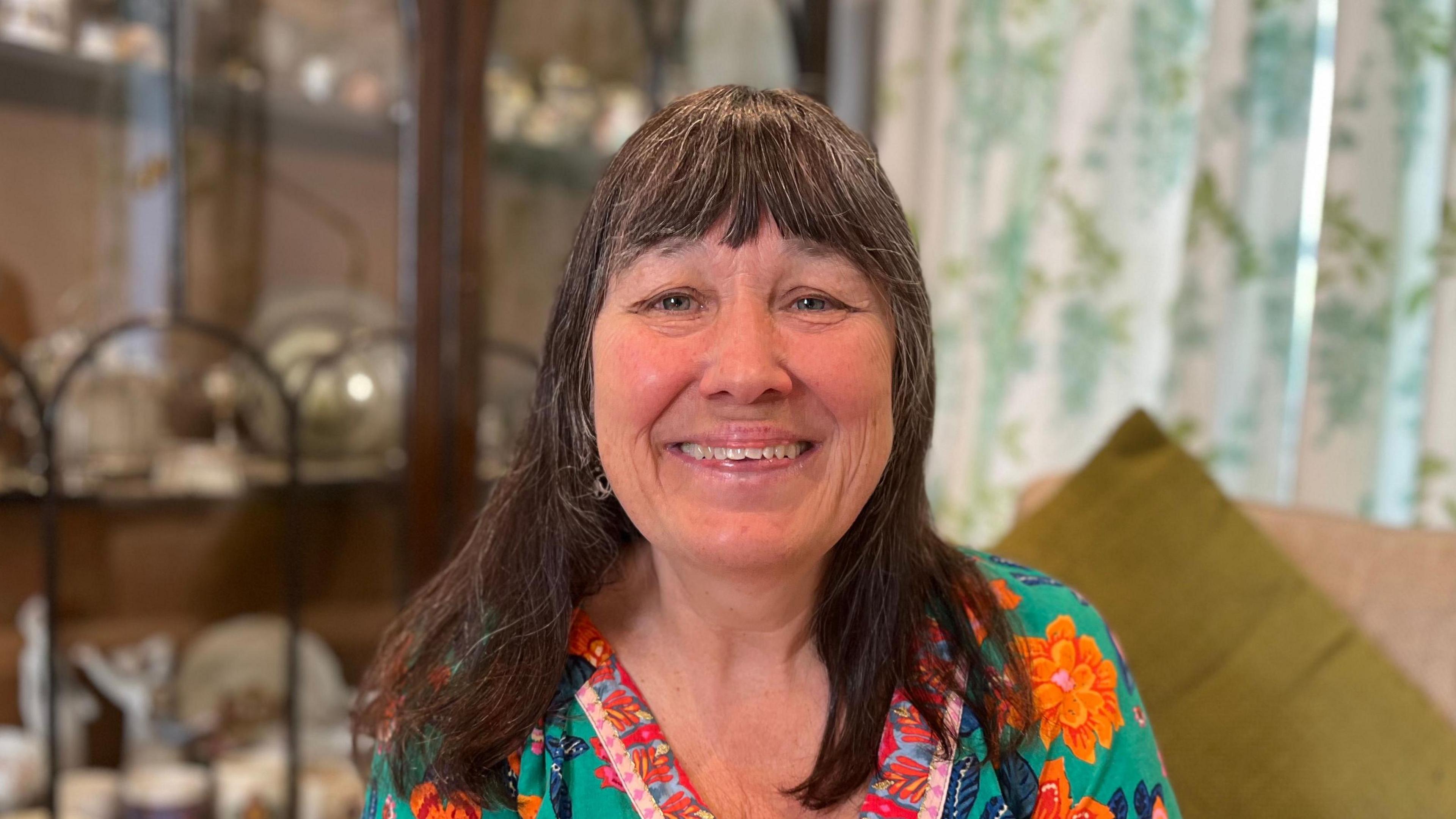
Dr Susan Wilson has been a long-term campaigner against assisted dying
Dr Susan Wilson has worked as a GP for almost 40 years and is opposed to Guernsey legalising assisted dying.
She said she became a doctor to protect life: "Assisted dying is the absolute antithesis of what I went into medicine to achieve.
"I went into this to provide care from the moment of conception, to the moment they die."
Her concerns about assisted dying centre on the impact legalising it would have on the most vulnerable in the community and her Christian beliefs.
"Ultimately I think it takes the medical profession into the wrong areas. The hippocratic oath says we shouldn't kill, we should not provide people with death," Dr Wilson said.
"The world is moving in a certain direction but Guernsey is a place that has always promoted care and I think Guernsey people are innately caring."
Dr Mat Dorrian, Guernsey Representative of the British Medical Association (BMA), said its local stance was the same as the organisation nationally.
He said the BMA was neutral on the issue so would not advocate for or against.
Dr Dorrian said this stance was about wanting to "protect doctors" and that if it was legalised ensuring there were protections to allow doctors to "opt-in".

Advocate Gordon Dawes wrote about the potential constitutional impacts of a vote to legalise assisted dying in Guernsey in 2018
If Guernsey's States votes to legalise assisted dying, Advocate Gordon Dawes who specialises in constitutional law, believes it may end in a situation where the Lieutenant-Governor defers to the privy council for royal assent.
Earlier this year a change was made to the way laws are approved in Guernsey, with responsibility for granting royal assent moved to the Lieutenant-Governor.
Mr Dawes said if proposals to introduce assisted dying were approved before the UK government introduce its own law then he expected the responsibility for Royal Assent may be given to the privy council.
What’s happening in the British Isles?
In England there’s due to be a vote in the Houses of Commons later, after a petition hit 200,000 signatures.
In Jersey, States members are due to debate detailed proposals for assisted dying on 21 May.
In the Isle of Man, after a move was backed by the island’s parliament it could be legalised next year.
In Scotland, Holyrood is likely to vote on a bill to legalise it in 2025.
Follow BBC Guernsey on X (formerly Twitter), external and Facebook, external. Send your story ideas to channel.islands@bbc.co.uk, external.
Related topics
- Published18 May 2018
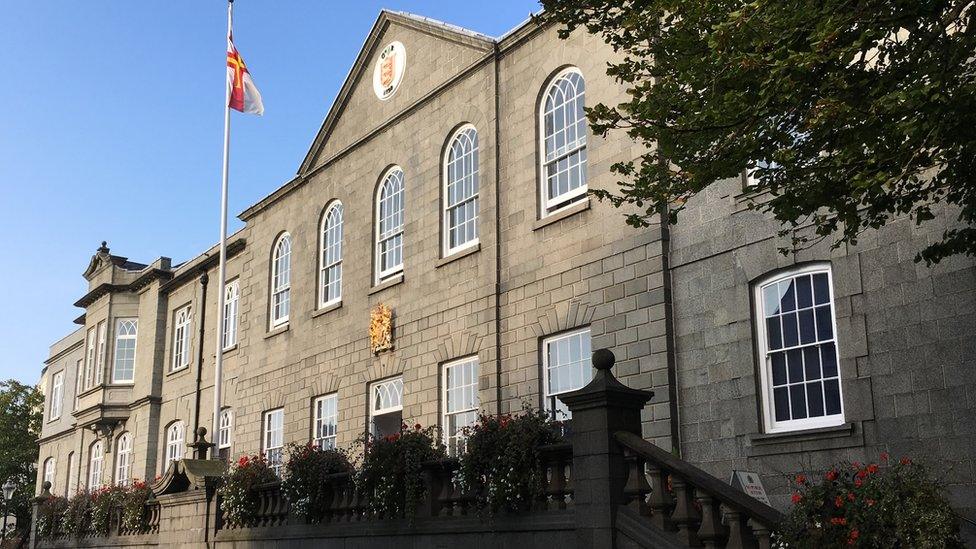
- Published5 March 2024
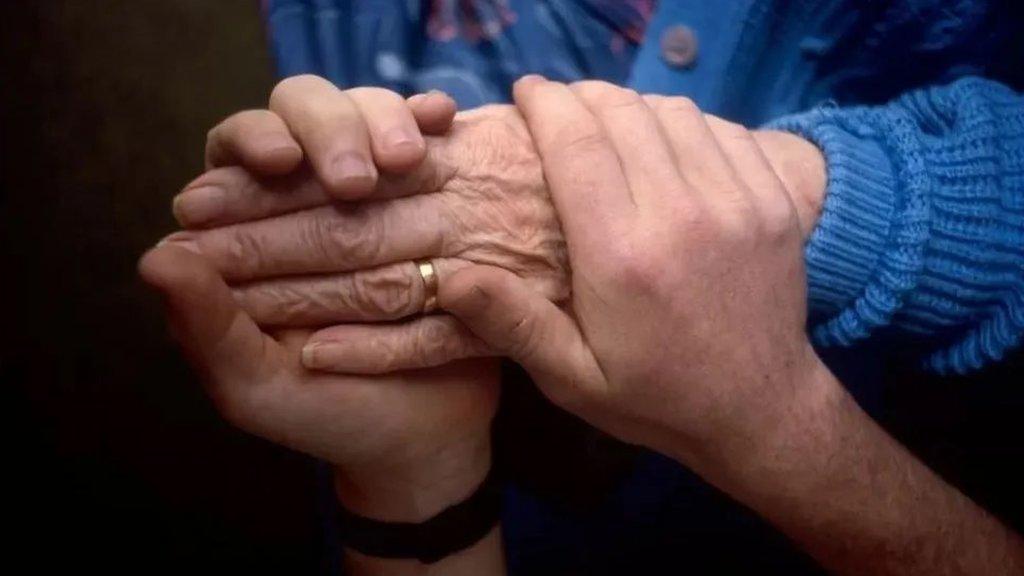
- Published17 April 2018
